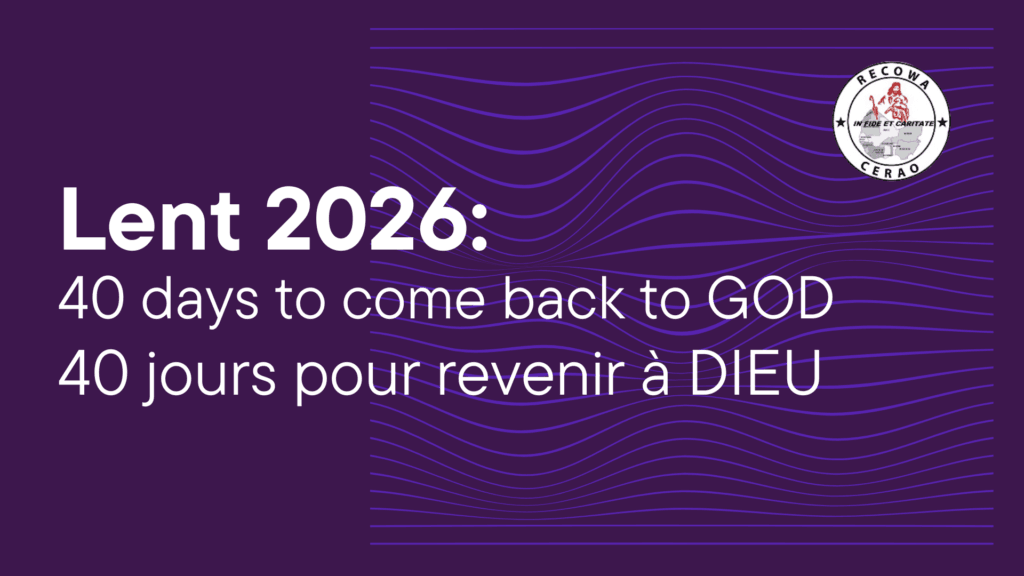The Catholic bishops in our African continent have unanimously sent a strong message to the Vatican following the current spiritual heat generated by the papal document Fiducia Supplicans. These great fathers of the Church in Africa have messaged the Holy Father and underlined the point that our African culture abhors same-sex union in whatever form. Although this position has been misinterpreted by the Western Media as opposition to Pope Francis the point remains immutable.
Fiducia Supplicans (FS), the December 18 Vatican Declaration permitting members of the Clergy to bless “same-sex couples” and couples in other “irregular situations” will not be implemented in Africa “because the culture does not accept it,” Pope Francis has been quoted as saying.
In a closed-door meeting with 800 Catholic Priests from the Diocese of Rome in the Archbasilica of St. John Lateran on January 13, the Holy Father weighed in on FS in response to questions about the Dicastery for the Doctrine of Faith (DDF) Declaration on the blessing of persons in same-sex unions, Italian media outlets, including the Italian news channel, Sky TG24, has reported.
Rai News 24, an Italian television channel, has quoted the Vicar of Rome, Angelo Cardinal De Donatis, as saying about the President of the Symposium of Episcopal Conference of Africa and Madagascar (SECAM), Fridolin Cardinal Ambongo, “Responding to requests from an African Cardinal, the Pontiff clarified the situation: the declaration intends to bless people.”
The reported remarks from the Holy Father follow the declaration that Catholic Bishops in Africa have recently made indicating that they “do not consider it appropriate for Africa to bless homosexual unions or same-sex couples”.
In the African context, Catholic Bishops in Africa say in the January 11 statement that Cardinal Ambongo signed, the blessing of “homosexual unions or same-sex couples” would bring about “confusion and would be in direct contradiction to the cultural ethos of African communities.”
Such blessings “cannot be carried out in Africa without” causing “scandals”, they said, and expressed their concern about the fact that FS “caused a shockwave” in Africa and “has sown misconceptions and unrest in the minds of many lay faithful, consecrated persons, and even pastors.”
The African cultural context is “deeply rooted in the values of the natural law regarding marriage and family,” the Catholic Church leaders on the continent said, adding that this reality “further complicates the acceptance of unions of persons of the same sex, as they are seen as contradictory to cultural norms and intrinsically corrupt.”
While Pope Francis has been quoted citing the African cultural context as the reason for the continent’s opposition to FS, the January 11 SECAM statement, which Cardinal Ambongo referred to as a “consolidated summary” of the responses of the Conferences of Catholic Bishops in Africa, provided additional reasons.
SECAM statement, a follow-up of the December 20 appeal for opinions on FS from Presidents of Catholic Bishops’ Conferences of Africa and its Islands, cited a previous DDF Declaration on homosexuality, the Catechism of the Catholic Church (CCC), the Sacred Scriptures, and the language used in FS as additional reasons for the reluctance of the Catholic Bishops in Africa to implement the DDF Declaration on the continent.
“The constant teaching of the Church describes homosexual acts as ‘intrinsically disordered,’” Catholic Bishops in Africa said, referencing the DDF 29 December 1975 “Declaration on certain questions concerning sexual ethics”, Persona Humana.
Homosexual acts, “considered as closing the sexual act to the gift of life and not proceeding from a genuine affective and sexual complementarity, must not be approved under any circumstances,” they added citing CCC 2357. Catholic Bishops in Africa, according to the January 11 statement, which, according to Cardinal Ambongo, “received the agreement” of both the Holy Father and the Prefect of the DDF, Víctor Manuel Cardinal Fernández, also cited Biblical “passages which condemn homosexuality, notably Leviticus 18:22-23 where homosexuality is explicitly prohibited and considered an abomination.”
The Catholic Church leaders also quoted what they termed the “scandal of the homosexuals in Sodom” in Genesis 19, which they said demonstrates that “homosexuality is so abominable that it will lead to the destruction of the city.”
On the language in FS, Catholic Church leaders in Africa said that it is “too subtle for simple people to understand.” FS language “remains very difficult to be convincing that people of the same sex who live in a stable union do not claim the legitimacy of their status,” they said in the statement that, rather than impart blessings as FS proposes, Catholic Bishops in Africa underscored the need “for the conversion of all.”
Since its release, FS has elicited mixed reactions and deep division among Catholic Bishops around the globe. In a five-page press release on January 4, DDF provided clarification on FS, writing that its implementation will depend “on local contexts and the discernment of each diocesan bishop with his diocese.”
In an appearance on an Italian talk show on January 14, Pope Francis defended FS, underlining that “the Lord blesses everyone” and that a blessing is an invitation to enter into a conversation “to see what the road is that the Lord proposes to them.”
“The Lord blesses everyone capable of being baptized, that is, every person,” the Holy Father emphasized.
“But we are to take them by the hand and help them go down that road, not condemn them from the beginning,” he went on to say, adding, “This is the pastoral work of the Church. This is very important work for confessors.”
- CATHOLIC ARCHBISHOP IN GHANA HAILS POPE LEO XIV AS GOD’S GIFT - 23 mai 2025
- POPE LEO XIV TO APPROVE CANONIZATIONS - 22 mai 2025
- THE EVOLUTION OF PAPAL TRANSPORTATION - 20 mai 2025







